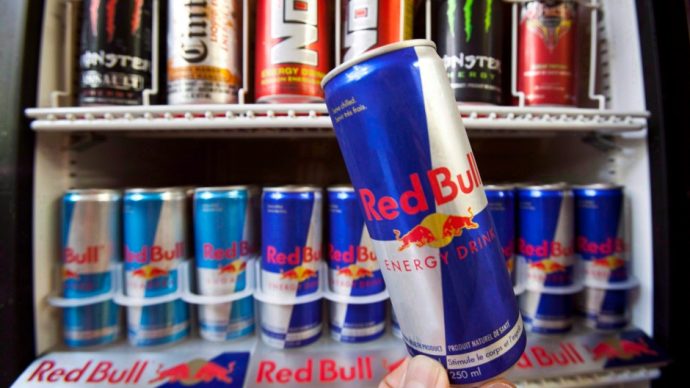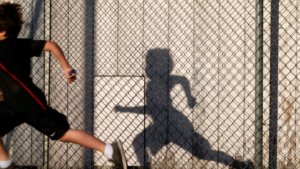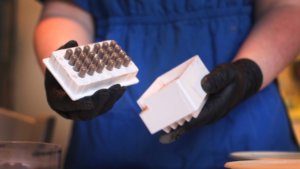
What science says about the risks of energy drinks
Last week news broke that a 16-year-old South Carolina teenager overdosed on caffeine after consuming a large diet Mountain Dew, a McDonald’s latte, and an unidentified energy drink – all within two hours. The coroner said it led to a “cardiac event.” “What we want to do here today is make people understand that these drinks, this amount of caffeine and how it’s ingested, can have dire consequences.”
Health Canada advises that kids shouldn’t consume more than 2.5 milligrams of caffeine per kilogram of body weight. And for an average 60 kilogram teenager, that amounts to about 150 milligrams a day, which is less than what you’d typically find in one energy drink. It does say right on the label, “Not recommended for children.” And yet anyone, of any age, can walk into a corner store and purchase these energy boosters. They’re right there beside pop and sports drinks, and they tend to be marketed to the young and extreme crowd to “give you wings” or “unleash the beast”.
- World Journal of Cardiology paper, Consumption of energy beverage is associated with attenuation of arterial endothelial flow-mediated dilatation
- International Journal of Clinical Cardiology paper, Energy Drink Ingredients and their Effect on Endothelial Function: A Review
- Preventive Medicine Reports, Consumption of Caffeinated Energy Drinks Among Youth and Young Adults in Canada
- Journal of Studies on Alcohol and Drugs paper, Alcohol Mixed With Energy Drinks and Risk of Injury: A Systematic Review
Dr. John Higgins, a sports cardiologist with McGovern Medical School at the University of Texas Health Science Center in Houston, has been studying the effects of energy drinks on the heart and cardiovascular system. He says when he hears of news like this teenager who died from a cardiac event after consuming energy drinks, it raises questions about the safety of energy drinks, particularly in younger children and adolescents. “The literature and our group has shown that … in a healthy young person consuming energy drinks in the short term, we would note things such as elevated blood pressure, increased heart rate, changes on their electrocardiographic end, as well as arrhythmias.” And it’s not just the high caffeine content that Dr. Higgins thinks is the problem, but that it’s in combination with all the other ingredients these energy drink products typically contain.
While the idea of kids under the age of 18 consuming these energy products and then being active concerns Dr. Higgins, there’s another element to the energy drink story. That is, mixing energy drinks and alcohol. These products in Canada do say, in fine print, “Do not mix with alcohol,” but not everyone is getting that message. Audra Roemer is a PhD student from the University of Victoria. She’s studied what happens when people mix alcohol and energy drinks. It can lead to chemically induced bad judgement. She’s finding that energy drinks plus alcohol could equal a trip to your local hospital’s emergency room, because this mixture can double the risk of becoming injured than if they were drinking alcohol alone.
Original article at: http://www.cbc.ca/radio/quirks/energy-drinks-giants-of-the-sea-sherpa-superpowers-and-more
Listen to the radio-version: Listen 15:36
Photo credit: THE CANADIAN PRESS








